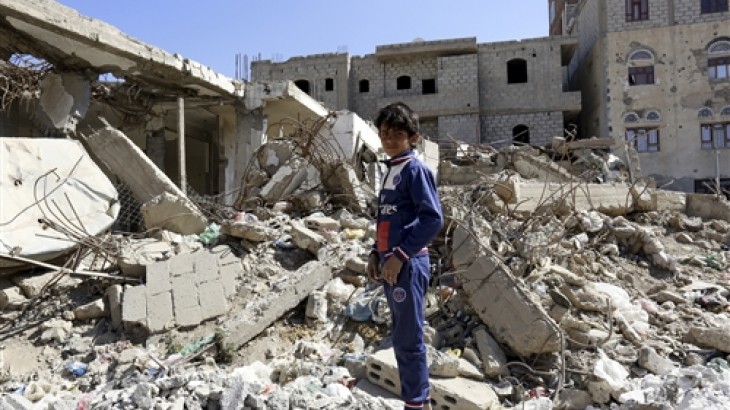ICRC President’s address to the Human Rights Council
On the 70th anniversary of the Universal Declaration of Human Rights, I pay tribute to the work of the Council and the High Commissioner as a tireless advocate for freedom, equality and dignity.
The challenges we face today are sobering. We regularly see the heart-breaking results of widespread violations of international human rights law and international humanitarian law.
In every part of the globe, too many civilians are the target of fighting, too many are detained in inhumane conditions and too many are forcibly displaced – all in defiance of humanitarian rules.
The challenge of preventing, responding to and recovering from these atrocities is immense. And the solutions are complex and multifaceted. But we have many of the tools already at our disposal: it is a matter of harnessing them.
Today I urge all Member States to fulfil their obligations – as those primarily responsible for the protection of their civilians – and reinvigorate the fundamental contract of humanity: to respect and preserve life and dignity.
It is clear that we will have limited success in alleviating suffering and unless there are major preventative efforts to reduce the needs of people. First and foremost this comes from respect of international humanitarian law, which every country around the world is bound by.
The law is the line of our common humanity, it is our shield against barbarity:
- Civilians are not targets
- Rape, torture, executions are never acceptable
- Hospitals treating the injured and sick are not targets
- Those who help cannot be kidnapped or killed
- Civilians cannot be used as human shields
- Illegal weapons, which create enormous suffering, must never be used
- Those who help must have access to those in need
- Civilians caught between front lines must be able to leave for safer places.
While we must pay critical attention to violations of the law, we equally must recognise the many positive examples of respect. For the law is an inherently practical tool. It can shape behaviour and influence those bound by it to exercise restraint. It offers guidance on dilemmas of humanity and military necessity, allowing armies to exercise common decency, to keep their honour clean.
The law provides a basis, a shared language, for warring parties to come to the table, to find common ground or mutual advantage:
- For example to agree limits on destructive weapons, such as the treaty on anti-personnel mines, and subsequent extensive demining programmes which have saved thousands of lives.
- Or to negotiate prisoner exchanges or to guarantee safe passage for civilians out of besieged cities.
The law helps to increase humane treatment, reduce torture and prevent cycles of resentment and radicalisation.
The law ensures there is humanity for all, that groups, individuals are not forgotten. It provides for example, that foreign fighters are not ‘disappeared’ or left hidden from the world.
The law enables the ICRC to trace missing people, reunite families and address the tragedy of societies ripped apart by war.
International humanitarian law not only works, but it has positive and reverberating impacts when it is respected. For example when the principles of proportionality and distinction are applied, lives are saved, hospitals and schools remain open, electricity and water supplies continue and markets function. These are factors that all contribute to stability once the guns have fallen silent.
The ICRC aims to create an environment where life and dignity are respected through protecting and upholding the humanitarian space. We use the law to do this, and we talk with everyone with influence because everyone has a role to play in ensuring respect for the law.
Ladies and gentlemen,
Nowadays wars are rarely “won”. Instead they are increasingly protracted, lasting sometimes for decades, leaving cities and their residents in ruin.
In this reality international humanitarian law is an incredibly useful, and potentially powerful, tool in an army’s response. As conflicts are increasingly protracted it becomes critically important to mitigate the damage of war, ending battles of retribution, radicalisation, lessening the damage on civilian populations. The law provides a basis to win the peace and to set the foundations for community acceptance.
I urge Member States, individually and collectively, to continue to engage constructively with the ICRC and redouble their efforts to comply with their commitments.
The choice is political and it is also yours, ladies and gentlemen representatives of States: you can get trapped in vicious circles of unbridled and boundless violence or you can choose the virtue of law.
I know only too well that the reading of the law in today’s complex circumstances is challenging. But what it offers us, when today we are faced with growing levels of mistrust, impunity and political polarisation, is a practical way out of the darkness.


